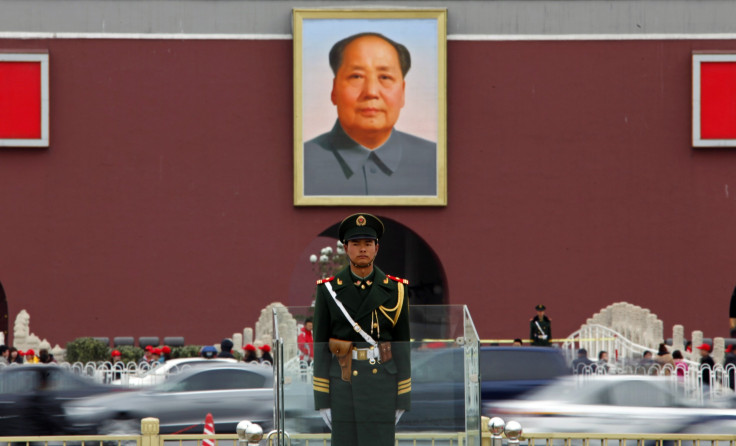China Introduces 401(k)-Style Retirement Fund With Tax Benefits, Revamping Outdated Pension System

China is getting ready to revamp its antiquated pension system with a 401(k)-style tax-deferred corporate annuity system.
On Jan. 1, corporate and employee contributions to the pension fund will be partly exempted from income tax based on each individual’s paycheck, the Ministry of Finance announced in conjunction with the Ministry of Taxation and the Ministry of Human Resources and Social Security. The tax will be deferred until the fund is withdrawn upon retirement, and it will not be imposed on pension fund investment returns, Caijing, a Chinese financial newspaper, reported on Monday.
Until now, China had only a state-run, standardized system, known as pillar 1, which faces hefty shortfalls in a rapidly aging society.
The corporate annuity scheme, while not new in China, has developed very slowly as contributions did not offer tax benefits in the old system. As of the end of the second quarter of 2013, less than 60,000 companies covering 19.57 million employees took part in the retirement fund, for a total accumulation of 530 billion yuan ($87.29 billion) -- just 0.1 percent of China’s GDP in 2012. By comparison, the 401(k) system in the U.S. accounts for 22.4 percent of its GDP.
The new policy with tax benefits is expected to boost China’s 401(k)-like corporate annuity funds by 100 to 200 billion yuan annually, while pouring more money into capital markets, including highly secure and low-yielding government bonds, according to Caijing.
By 2015, this corporate annuity fund is expected to accumulate close to 1 trillion yuan, Yicai, a Chinese financial news outlet, reported on Monday.
The announcement has also made some hopeful that a pillar 3 system could be introduced in the future in China, offering benefits for voluntary privately funded accounts, which are still relatively new in China. In any case, this is the first step toward a complete policy revamp for China’s pension system, and experts expect additional similar moves from the Chinese government in the future.
“The corporate fund targets working employees, but for the individual, if he does not work for a company or if the company he works for does not want to establish a corporate annuity fund, it’s clearly unfair for this individual to be excluded from the tax benefits,” said Jiao Wenchao, an analyst for Ping An Insurance, according to Yicai.
© Copyright IBTimes 2024. All rights reserved.




















